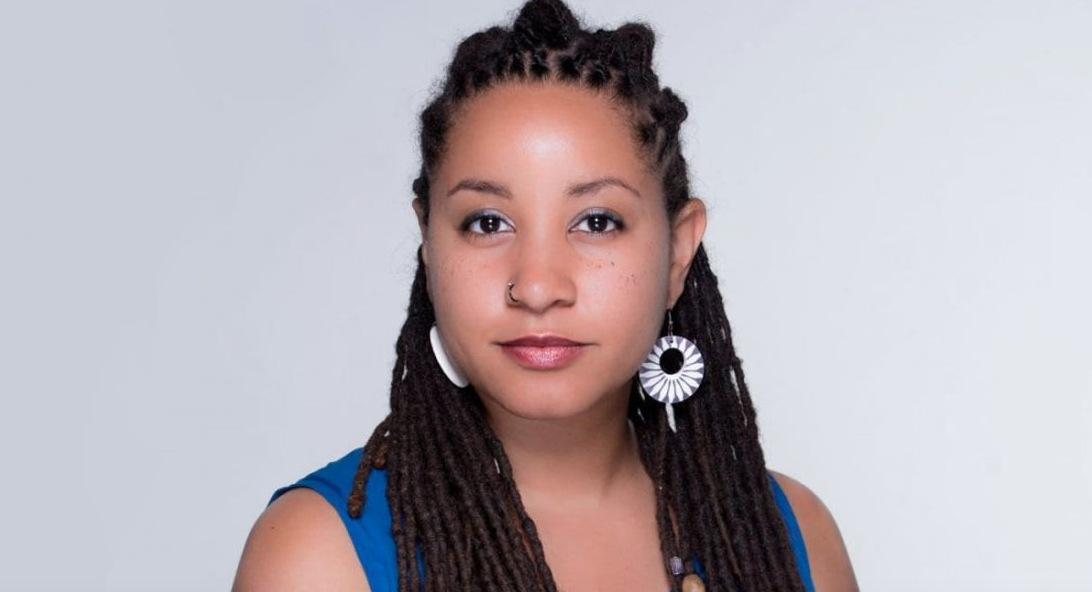Upcoming Contest Deadlines
The end of the month and its last contest deadlines are arriving sooner than you might expect. With a deadline of July 30 or July 31, these awards include opportunities to publish single poems and flash fiction, as well as longer projects. All offer a cash prize of $1,000 or more.
Bard College Fiction Prize: A prize of $30,000 and a one-semester appointment as writer-in-residence at Bard College is given annually to a U.S. fiction writer under the age of 40. The recipient must give at least one public lecture and meet informally with students but is not expected to teach traditional courses. Deadline: July 30. Entry fee: none.
Howling Bird Press Book Contest: A prize of $1,000 and publication by Howling Bird Press is given in alternating years for a book of poetry, fiction, or creative nonfiction. The 2021 prize will be awarded in poetry. Deadline: July 31. Entry fee: $25.
Munster Literature Centre Seán Ó Faoláin International Short Story Competition: A prize of €2,000 (approximately $2,180) and publication in Southword is given annually for a short story. The winner also receives a weeklong residency at the Anam Cara Writer’s Retreat on the Beara Peninsula in West Cork and accommodation at the Cork International Short Story Festival. Billy O’Callaghan will judge. Deadline: July 31. Entry fee: €18 (approximately $20).
Narrative Spring Story Contest: A prize of $2,500 and publication in Narrative is given annually for a short story, a short short story, an essay, a short work of graphic fiction or creative nonfiction, or an excerpt from a work of fiction or creative nonfiction. A second-place prize of $1,000 is also awarded. The editors will judge. Deadline: July 31. Entry fee: $27.
New Millennium Writings New Millennium Awards: Four prizes of $1,000 each and publication in New Millennium Writings and on the journal’s website are given twice yearly for a poem, a short story, a short short story, and an essay that have not appeared in a print publication with a circulation over 5,000. All entries are considered for publication. Deadline: July 31. Entry fee: $20.
Prairie Heritage, Inc. Jan Garton Prairie Heritage Book Award: A prize of $1,000 is given annually for a book of poetry, fiction, or creative nonfiction published in the previous year that “illuminates the heritage of North America’s mid-continental prairies.” Deadline: July 31. Entry fee: none.
Press 53 Award for Poetry: A prize of $1,000, publication by Press 53, and 50 author copies is given annually for a poetry collection. Tom Lombardo will judge. Deadline: July 31. Entry fee: none.
Red Hen Press Novella Award: A prize of $1,000 and publication by Red Hen Press is given annually for a novella. Donna Hemans will judge. Deadline: July 31. Entry fee: $25.
Visit the contest websites for complete guidelines, and check out the Grants & Awards database and Submission Calendar for more contests in poetry, fiction, and creative nonfiction.





